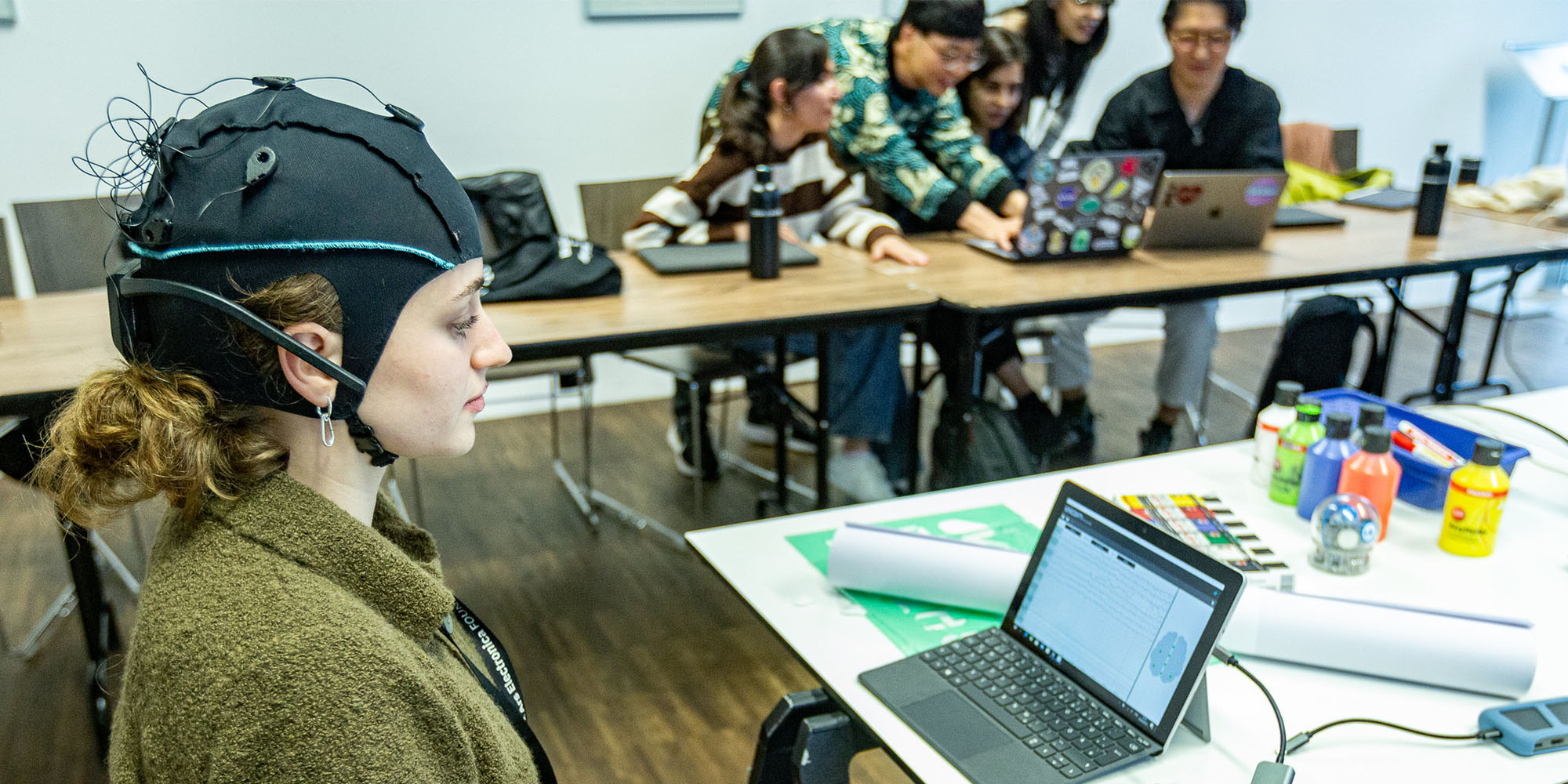While these fields may seem worlds apart, their intersection is ushering in a new era of discovery and innovation that holds the promise of expanding our cognitive horizons and enhancing our connection with machines.
Understanding the fields
At its core, neuroscience is the study of the brain and the nervous system, seeking to unravel the complexities of cognition, emotion, and behavior. This field has provided ground-breaking insights into our brain’s structure and function, leading to transformative advancements in medicine, psychology, and even the emerging realm of neurotechnology. In contrast, cybernetics is the science of control and communication in animals, machines, and organizations. Conceived by Norbert Wiener in the mid-20th century, cybernetics explores the feedback and control systems that underlie self-regulating processes in both biological organisms and artificial systems. It’s the bridge between machines and the human mind, allowing us to better understand how systems can adapt and improve.
Where they intersect
One of the most prominent outcomes of the intersection of neuroscience and cybernetics is the development of Brain-Computer Interfaces (BCIs). BCIs enable direct communication between the brain and external devices, creating opportunities for individuals with paralysis to control computers, robotic limbs, or even navigate virtual worlds using only their thoughts. Furthermore, advancements in neuro-cybernetics are also fueling the exploration of cognitive enhancement technologies. Researchers are developing brain implants that have the potential to enhance memory, learning, and decision-making, ushering in an era where humans may have the ability to augment their cognitive abilities.
Through the synergy of neuroscience and cybernetics, we gain deeper insights into the workings of the human mind. Neuroscientists use cybernetic principles to model and simulate complex neural networks, allowing us to better grasp the intricacies of cognition, perception, and consciousness.
As with any ground-breaking technology, however, this intersection also brings forth ethical and philosophical questions. Issues of privacy, consent, and the potential for misuse are paramount. Additionally, this convergence challenges our definitions of self, agency, and what it means to be human.
Beyond the horizon
The unique connection between neuroscience and cybernetics holds immense potential for transformative breakthroughs. From improving the lives of individuals with disabilities to expanding our understanding of human consciousness, this evolving field promises to revolutionize the way we interact with machines and explore the depths of the human mind.
As we venture further into this uncharted territory, ethical considerations must guide our progress. By fostering interdisciplinary collaboration and thoughtful exploration, we can unlock the full potential of this exciting intersection, paving the way for a future where the boundaries between the human brain and machines blur, and the possibilities for human advancement become limitless.
